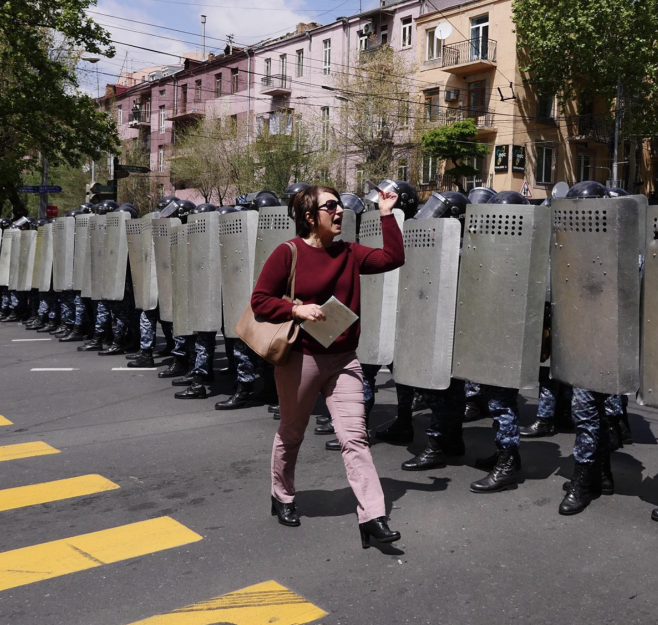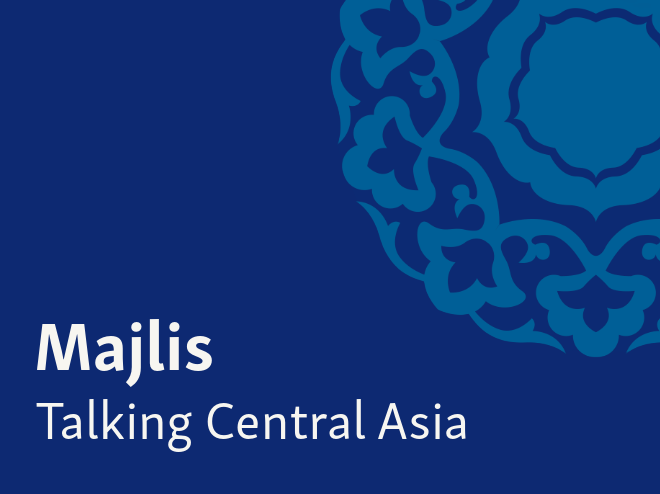Are Tajik Government Policies Helping Create Terrorists?
Can an authoritarian government’s policies contribute to its citizens becoming terrorists?
Can an authoritarian government’s policies contribute to its citizens becoming terrorists? Tajik President Emomali Rahmon’s government has received financial and security aid from many governments and for more than three decades, in an effort to keep Tajikistan from becoming a second Afghanistan or Syria. During that time, Rahmon has exploited these concerns to crush all potential opposition and allow his family to take control of nearly every profitable business in the country. In recent months, a few dozen citizens of Tajikistan have carried out — or been accused of carrying out or abetting — terrorist attacks in several countries. Should the Tajik government also be held responsible? Joining host Bruce Pannier to discuss this are guests Marius Fossum, the regional representative in Central Asia for the Norwegian Helsinki Committee, and Steve Swerdlow, a rights lawyer with long experience in Central Asia and currently an associate professor of the practice of human rights at the University of Southern California.

Subscribe to the Central Asia in Focus Newsletter
RFE/RL’s Central Asia in Focus newsletter delivers the latest news and insights direct to your inbox.
